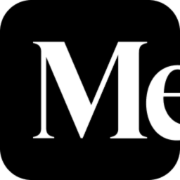This week's best things
ACMI’s new experience principles, org design beyond charts, Neil Williams’ monthnotes, Tonga’s offline crisis, post-literate society worries, attention as agency, NGO ad parodies, Maintainers study guide, and positive results from Basic Income for Artists.

A short edition this week as I've mostly been ill with a cold, or picking apples and making wine in Slovakia (these things are unrelated).
Ok, here are a few good things.
Paula Bray on experimentation
The latest edition of the Digital Works Podcast is a chat with State Library Victoria's Chief Digital Officer, Paula Bray.
We talked about experimentation, SLV Lab, advocacy, the challenge and opportunity of being the first person to hold a role, how Paula's teams are structured, what the library is focusing on, Ned Kelly, and lots more.

ACMI Experience Principles
More useful stuff from the folks at ACMI, in this post Lucie Paterson shares their new thinking on experience principles.
"We weren’t starting from scratch. We had developed a series of Experience Principles with exhibition and experience firm Second Story for the renewal project, which saw us closing down for 18 months for a $40m architectural, programmatic and technological development. These helped guide the project team to transform the visitor experience of ACMI.
We reviewed the Experience Principles of Fun, Transformative, Social, Accessible and Super Powers and got a steer from our Director & CEO that these were useful but had a different purpose — designing and developing something new. The next set of principles needed to be about bedding in the new thing and aligning teams on how to do this together."
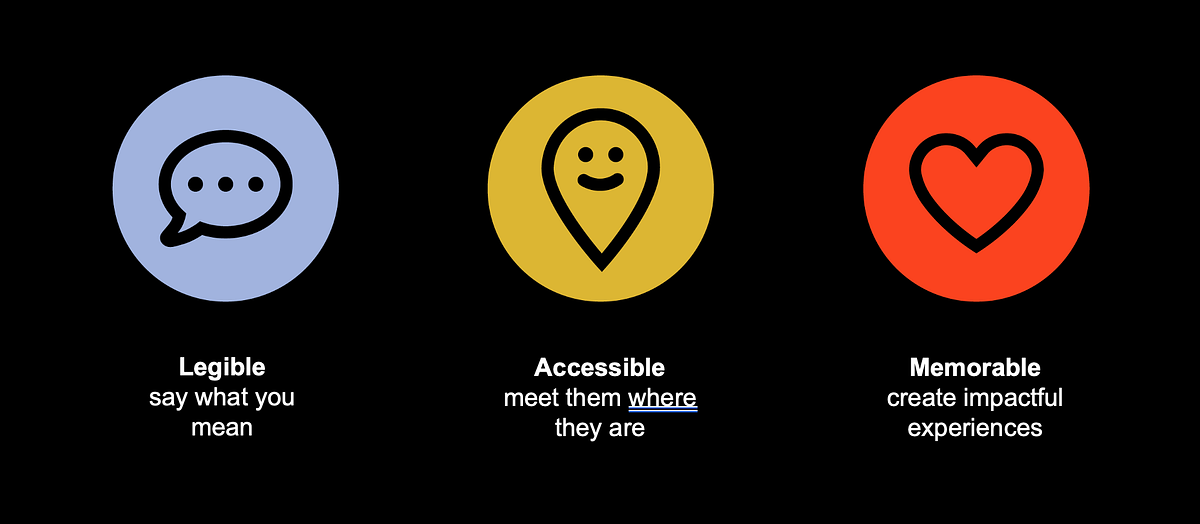
Forget the org chart, start with delivery
The recent links I shared about FACT's restructure seemed to be popular, so here is a good (short) read on different ways of thinking about organisational design. Katherine Wastell shares three models.
"Of course, no organisation fits perfectly into just one of these types. There’s always some overlap, and most organisations are a mix, with one dominant model. The point isn’t to force a label, but to understand how to make value flow effectively and design around that.
Designing whether your organisation would deliver more value being organised in groups, tracks or stages is only the first step. The next challenge is knitting it together. How enabling functions support delivery, how end-to-end oversight keeps the whole flowing, and how cross-functional teams, governance, leadership and accountability make it real.
Too many operating models are designed as if delivery is an afterthought. Flip it round. Start with how value is delivered. Build from there. The model you end up with won’t just look tidy. It will work."
Moving away from traditional ways of approaching organisation design to more nuanced and impact-focused ways of thinking feels like a necessary move for many cultural organisations.
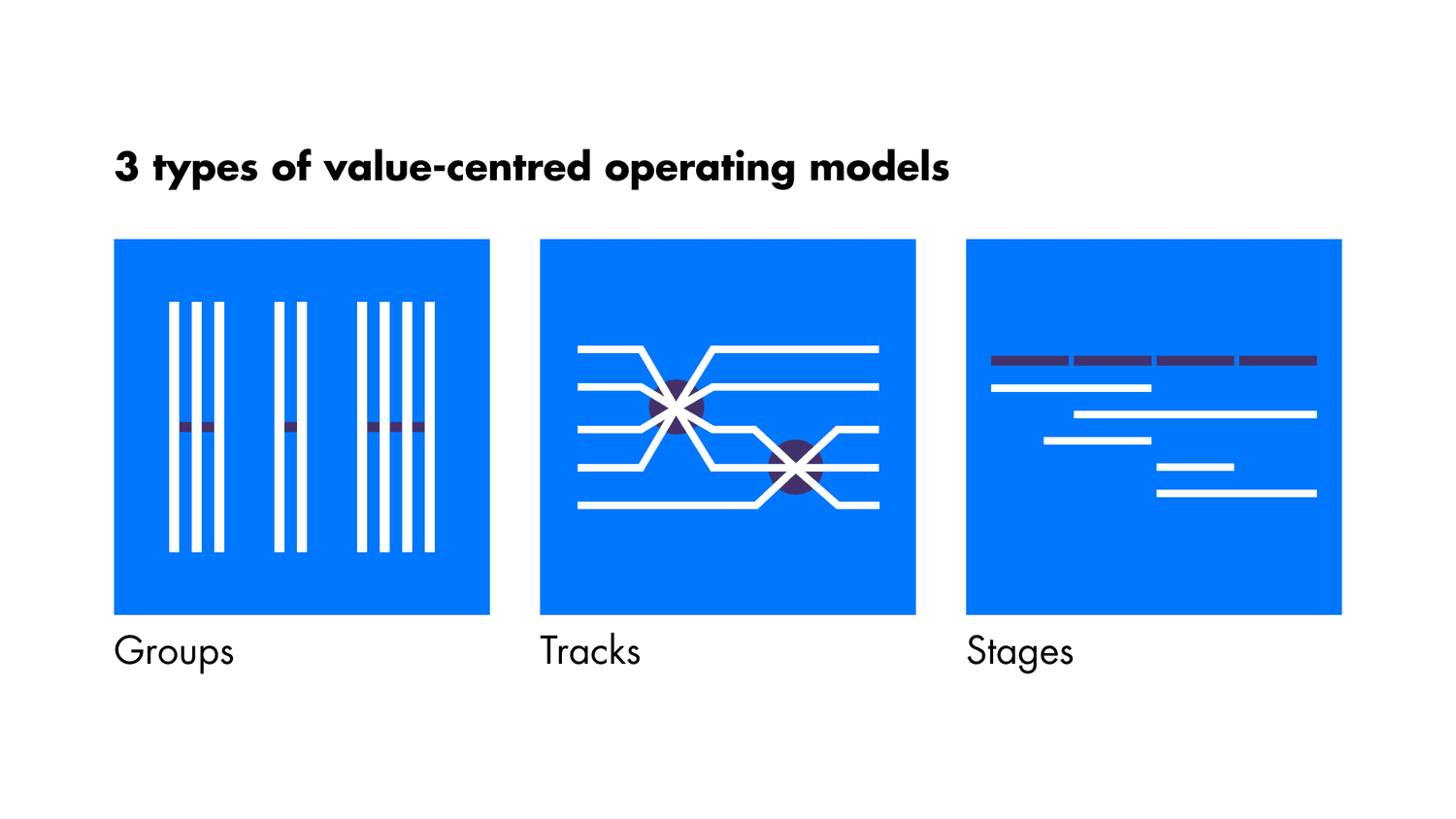
Neil's monthnotes
The latest from the smart and lovely Neil Williams.
Neil is always worth a read for useful, insightful and interesting reflections, and he always lots of links to other good things to read too.
"I’ve had some success shifting things from project to products at the BFI, despite straitened times. But each bid for enduring funding has somehow contorted back into finite and milestone-linked money, and it adds up to a lot less than the true cost of ownership for how digital the org already is, let alone wants to be. Which includes fighting the ghosts of multiple previous grant-funded projects, coming back to haunt us with increasing malevolence."
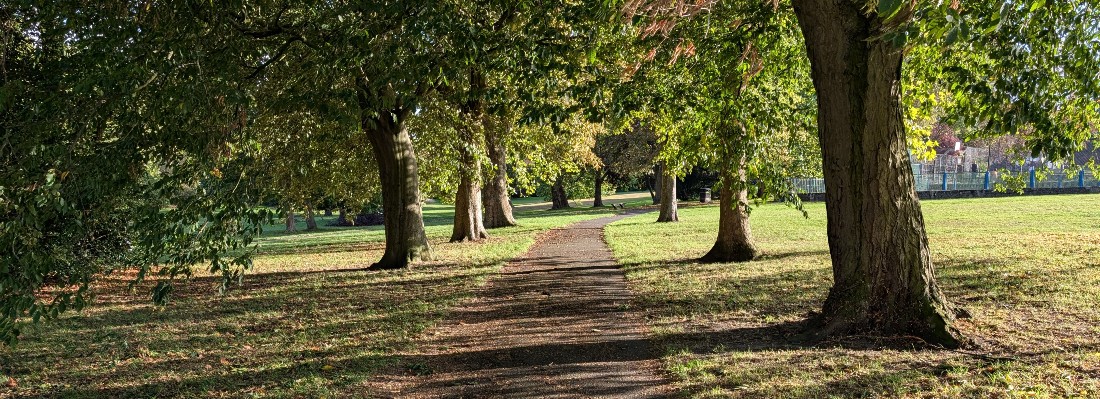
Extremely offline: what happened when a Pacific island was cut off from the internet
A fascinating long read about what happened when a volcanic eruption severed the undersea cables that connect Tonga to the internet.
"We inhabit the internet in an odd, paradoxical state. It is everywhere, available whenever we desire it, like the air we breathe. This permits us to forget not only its materiality – bottomless quantities of metals and plastics poured and cast into wires, routers, datacentres, servers, towers and repeaters – but also its centrality in our lives. We’re lulled into believing that the internet is only a vehicle for emails, apps, selfies, Zoom meetings and websites that linger too long on unread browser tabs. The fact that the very apparatus of 21st-century life relies on the internet is rendered visible to us only when something snaps, like the sole cable running to Tonga.
The first fallout was communication, of course. In the aftermath of a disaster, even the humble text message assumes grave importance. Are you safe? Is your house still standing? Is the water safe to drink? Tonga runs on Facebook Messenger, particularly on its outer islands, where the phone service is spotty, and without it people had to take to the road – or the sea, or the air – to find anything out. Australia and New Zealand had to send reconnaissance planes over the islands, so that their pilots could eyeball the extent of the damage.
Commerce broke down. Since this happened in the middle of the Covid pandemic, DHL was flying only one plane a week to Tonga – but without the internet, Vea couldn’t file or receive manifests online. The ATMs went dead, because banks couldn’t check how much money their customers had in their accounts – and that, in an economy still accustomed to cash, immediately put livelihoods in danger. Owners of fisheries and farms of squash and breadfruit were unable to fill out the compliance and quarantine forms needed to export their produce. Tongans living overseas couldn’t wire funds home to help their families – and at the time, foreign remittances made up 44% of the country’s GDP."

The dawn of the post-literate society
A (very) long and (very) interesting read from James Marriott that is (perhaps) just as gloomy as the title suggests, on the importance of reading and the impact of reading on how people think.
"As Walter Ong writes in his book Orality and Literacy, certain kinds of complex and logical thinking simply cannot be achieved without reading and writing. It is virtually impossible to develop a detailed and logical argument in spontaneous speech — you would get lost, lose your thread, contradict yourself, and confuse your audience trying to re-phrase ineptly expressed points.
As an extreme example think of somebody trying to simply speak a famous work of philosophy. Say, Kant’s 900-page The Critique of Pure Reason or Ludwig Wittgenstein’s Tractatus or Sartre’s Being and Nothingness. It would be impossible to do. And also impossible to listen to.
To produce his great work Kant had to write down his ideas, scratch them out, think about them, refine them and then rework them over many years so they added up into a persuasive and logical whole.
To properly understand the book you have to be able to have it in front of you so you can re-read bits you don’t understand, check logical connections and meditate on important passages until you really take them in. This kind of advanced thinking is inseparable from reading and writing."
I still don't 100% know what I think about this, it's a well-argued perspective and my natural inclination (as a reader, and a writer) is that I agree. I think it also makes some interesting diagnoses of some of the current...vibes we're all living with.
"As you have probably noticed, the world of the screen is going to be much a choppier place than the world of print: more emotional, more angry, more chaotic."
But maybe it also feels a little old man yells at cloud at points...what do you think?
On a similar note I also saw this piece in The Economist a few weeks ago, Is the decline of reading making politics dumber?
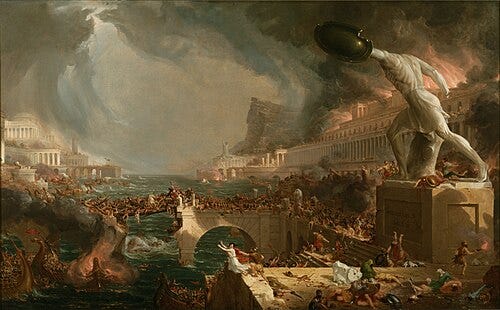
How your attention can improve your life
Big fan of this piece on the importance of what you choose to spend your attention on.
"To begin with, let’s just talk about the mechanics of attention. Your brain is presented with 11 million bits of information per second. But you can only consciously process about 40. That means that the vast majority of reality is filtered out – you never even notice it.
At the heart of this filtering system is a part of your brain called the reticular activating system (RAS). Think of it as your personal search engine, constantly editing reality. And it is not random, it automatically filters reality to allow in what aligns with your beliefs, your identity and your goals.
For this reason, your attention is not just passively noticing reality, it is actively creating it. What you focus on expands. If you focus on problems, your RAS will filter the world so that problems are all you see. If you focus on possibilities, it will just as eagerly reveal opportunities.
Your attention is the director of your experience. It shapes how you feel, what you believe, and how you behave. And those three things together determine the quality of your life."

What if NGOs wrote your ads
A firmly tongue-in-cheek reworking of some classic ads that shines a light on the weird ways that charities and NGOs talk about what they do.
Nike's "just do it" becomes "we provide footwear enabling targeted populations to undertake physical activity".
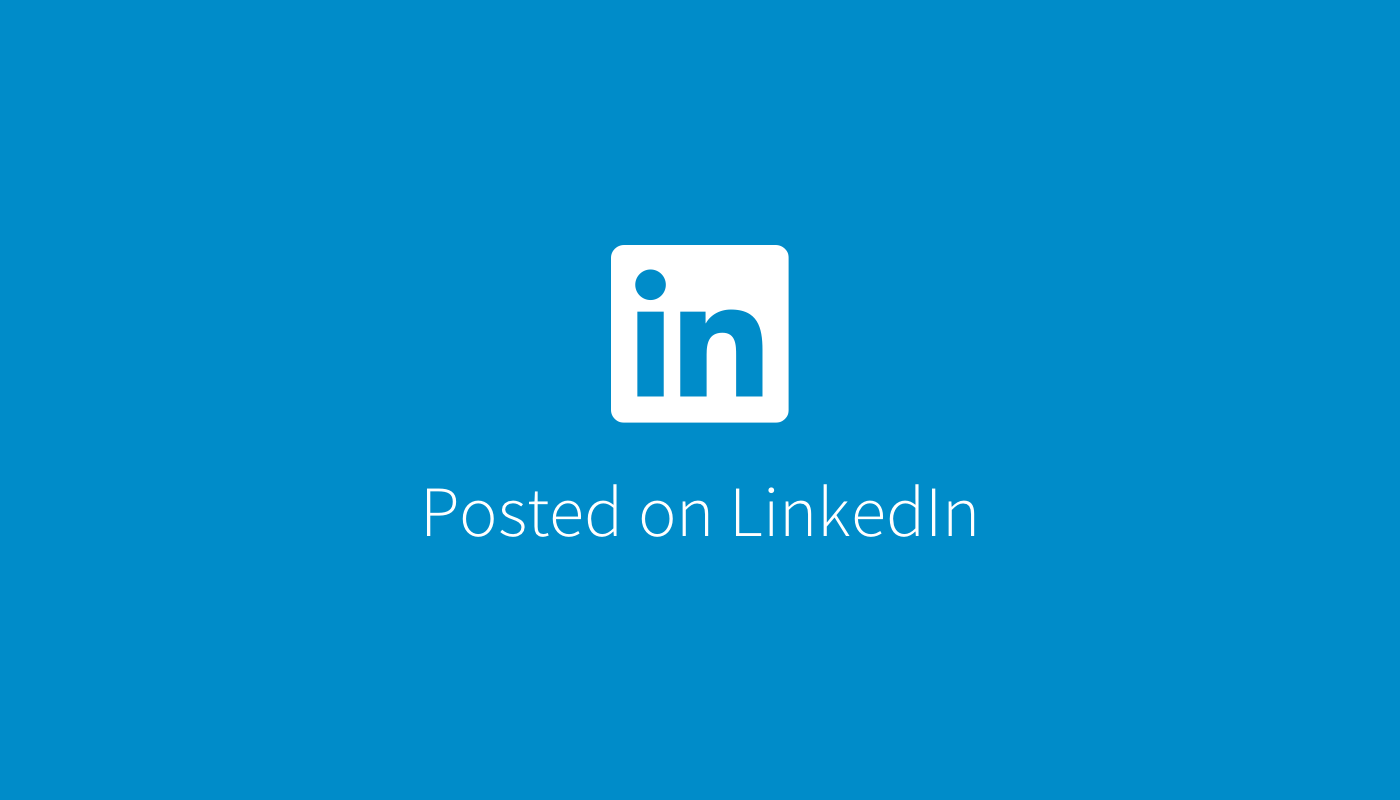
A bunch of AI stuff
OpenAI have had a busy week with a new social network (which genuinely sounds like the start of a Black Mirror storyline) and a load of new ChatGPT features launched (including commerce).
Alongside that I saw this piece from Cory Doctorow which is, let's say, a less positive view on the whole thing (in which he predicts the AI hype bubble leading to the collapse of the US - and therefore the world - economy).
The Maintainers Study Guide
This looked interesting.
"We understand that defining what maintenance means is often complex. From both a research and practice perspective, maintenance encompasses a lot more than repairing objects. We consider it to encompass a variety of interconnected systems: valuing care labor, preserving bio-regions, safeguarding our data, providing reliable public transportation, and advocating for the workforce that
sustains our infrastructures. Maintenance also comprises the mundanity of daily life: brushing one’s teeth, tidying the home, mending a sock. At The Maintainers we embrace all forms of maintenance, and aim to uplift the often-invisible labor of those who maintain."
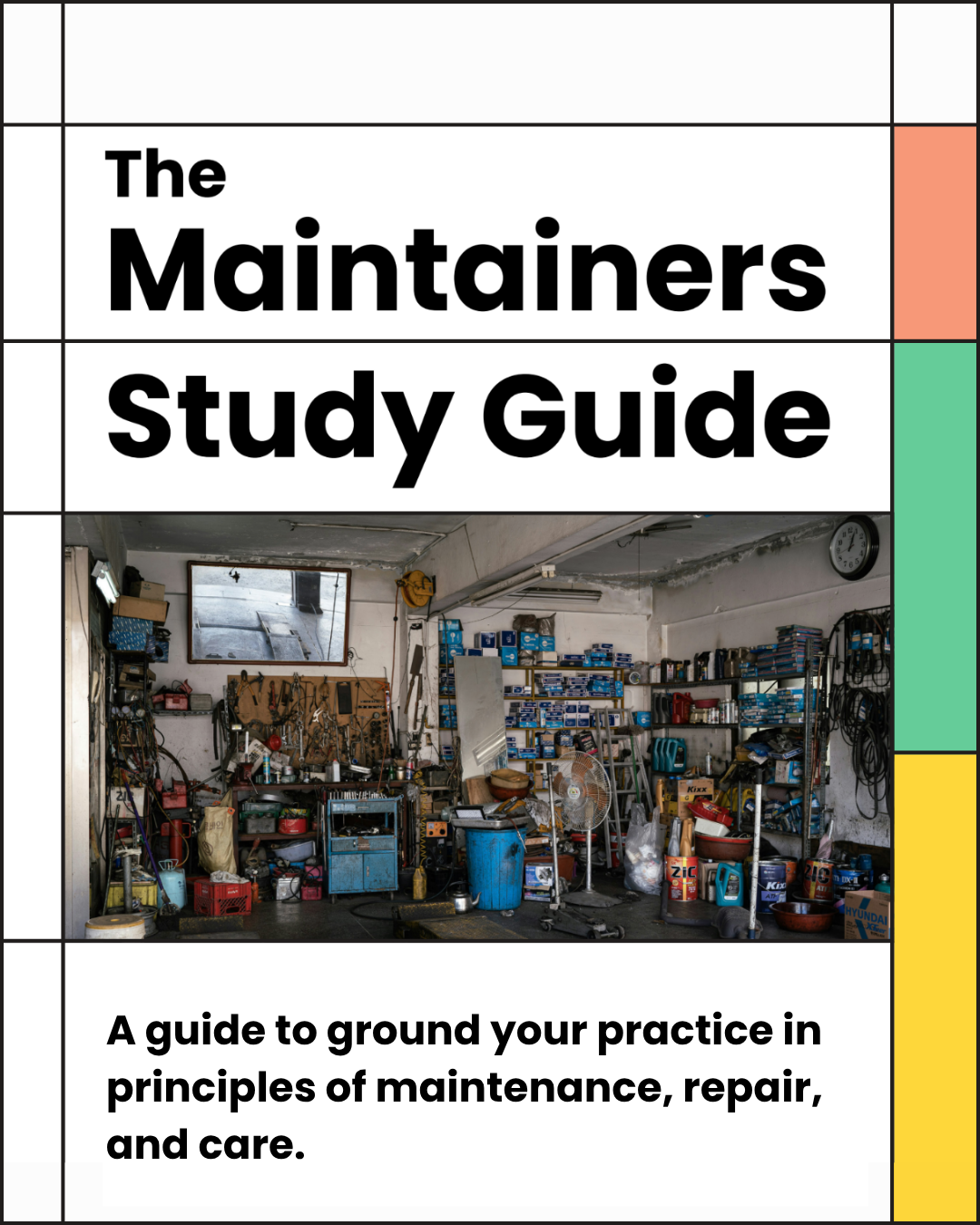
Basic Income for Artists continues to have a positive impact
"In a newly commissioned report on the Basic Income for the Arts (BIA), more than 50 recipients were interviewed by a sociologist to talk about the changes that the BIA has brought to their lives.
This report builds on and complements previously published assessments of the pilot which found that the Basic Income for the Arts had a consistent, positive impact on almost all indicators including on practice development, sectoral retention, wellbeing, for recipients, and has reduced deprivation rates among the recipients. "
This week's consumption
I'm reading Munichs by David Peace which is very David Peace-y.
We started watching House of Guinness on Netflix. It's quite entertaining so far but I'd agree with a review I saw which asked why the Fenian Brotherhood were all dressed 'like feral leprachauns', it's a weird choice.
Whilst ill I watched King Richard, Blackberry, and Swiped. King Richard was probably the best of the bunch, the other two were mostly effective reassemblages of the usual tech startup story tropes.

